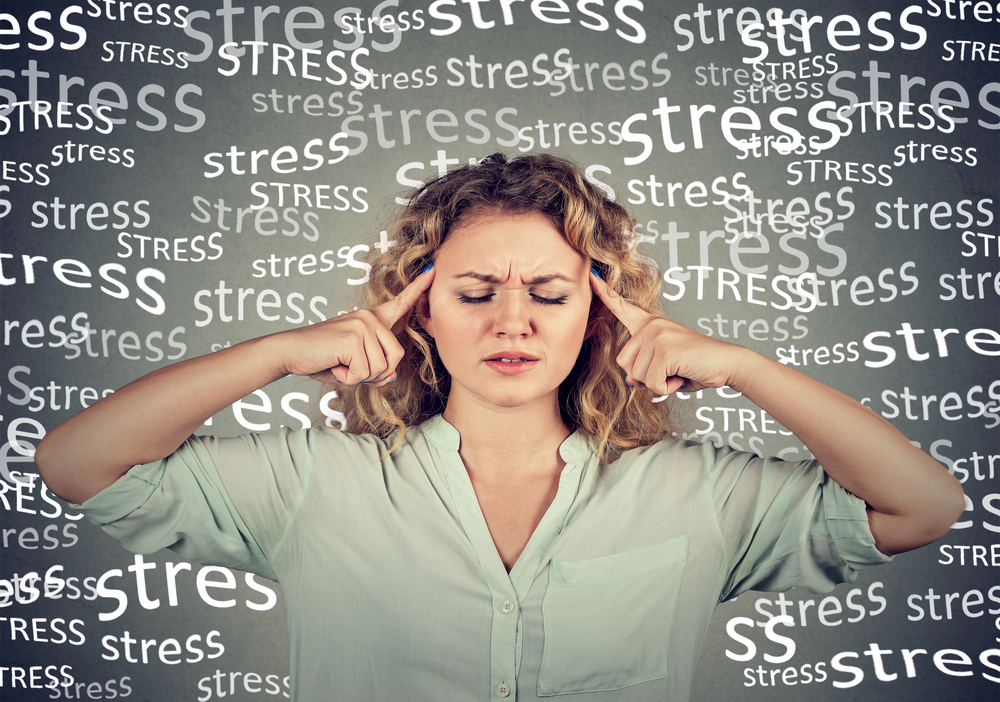We all experience stress. Essentially, stress happens when the demands on a situation exceed your ability to cope (with the stressor)1. Stress looks different in us all. But, in most cases, stress shows up through physical symptoms or mental distress.
What’s the Difference Between Positive and Negative Stress?
When experts talk about stress, they often use the terms good (positive) or bad (negative) to describe it. As their name suggests, the difference lies within their name. Positive stress is your response to good stressors, like a graduation, job promotion, or buying your first home. Negative stress, on the other hand, is a distress response to stressors.
Stress is a common human experience. However, it becomes abnormal when you have chronic exposure to negative stress. It is easier for you to recover from acute stress than it is from chronic stress. If you are struggling with stress and notice changes in your symptoms, mood, or behaviors, try implementing these three habits to improve your health.
Practice More Self-Care
Being in a chronic state of stress can cause you to neglect yourself and your basic health needs. If you have unmet social, physiological, or safety needs, you are at risk for dissatisfaction and stagnant growth and development 3 4. Self-care is a practice of prioritizing and preserving your health and well-being needs.
Self-care is not synonymous with retail therapy or material possessions (though new items are great). Self-care is anything you do to reduce your stress level and enhance your quality of life. These practices include meditation, acupuncture, regular physical exercise, and proper rest 3.
Get Moving
Physical exercise makes you look and feel good. When you exercise, your body and brain produce hormones and chemicals that boost your mood. That is why you tend to experience bursts of energy or changes in your mood after a great workout.
The great news is that your physical exercise does not have to be strenuous. Complementary and mindfulness practices are both low-intensity supports. With mindfulness, the practice is on being present and aware in the moment.
Remember to Eat
Stress disturbs the chemicals in your brain that influence your eating behaviors and habits 2. For some people, stress makes them eat less than they would. They may not have an appetite or prefer to eat energy-dense foods like cheese and processed meats. For others, food is a coping mechanism for emotional stressors. Both eating behaviors are associated with risks of health complications, such as eating disorders, weight problems, and mental illness.
You Can Regain Control
Knowing that stress is inevitable and only harmful when you have repeated or chronic exposure helps you stay proactive and not reactive.

